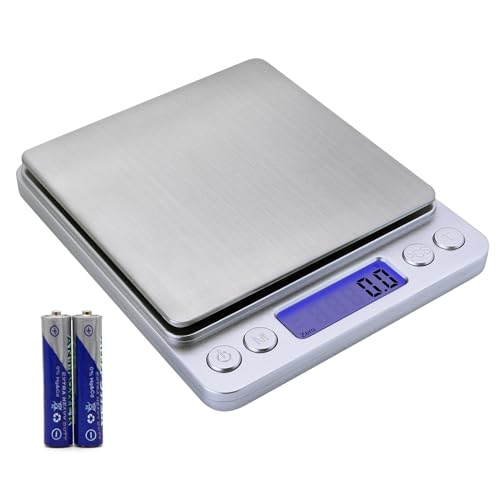DOS is also accelerated by metallic contaminants, so your soap can have DOS spots even if you use the best fats with the longest shelf life and try to hold your mouth just right. 
If you ever see individual orange spots of DOS, sometimes with a dark orange fleck in the center, those are most likely DOS caused by a microscopic speck of metal. This metal comes from the processing machinery used to harvest and process the materials from which the fats/oils come as well as the packaging machinery and our soaping tools. Dirty hands, airborne dust, tap water, and metal curing shelves/trays can also be sources of metal.
Copper is extremely prone to triggering DOS, so you absolutely do not want your soap to touch anything made of copper or copper alloys (brass and bronze). Iron is also another DOS trigger.
That's why a chelator is so helpful -- there's no way a person can fully eliminate metal contamination. A chelator is a good way to catch those stray bits that sneak through our best efforts to work clean and use good quality materials.
If you ever see individual orange spots of DOS, sometimes with a dark orange fleck in the center, those are most likely DOS caused by a microscopic speck of metal. This metal comes from the processing machinery used to harvest and process the materials from which the fats/oils come as well as the packaging machinery and our soaping tools. Dirty hands, airborne dust, tap water, and metal curing shelves/trays can also be sources of metal.
Copper is extremely prone to triggering DOS, so you absolutely do not want your soap to touch anything made of copper or copper alloys (brass and bronze). Iron is also another DOS trigger.
That's why a chelator is so helpful -- there's no way a person can fully eliminate metal contamination. A chelator is a good way to catch those stray bits that sneak through our best efforts to work clean and use good quality materials.










































